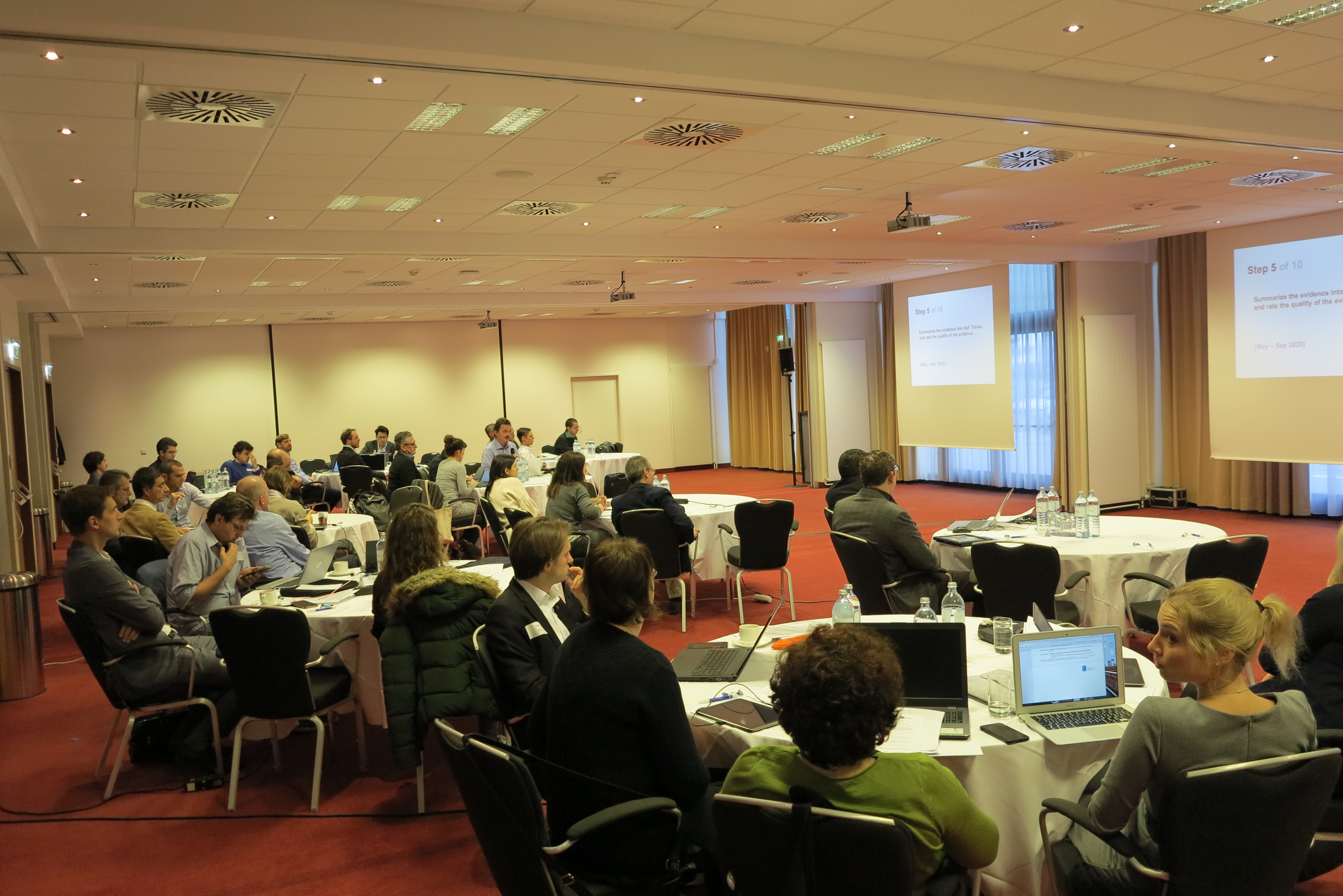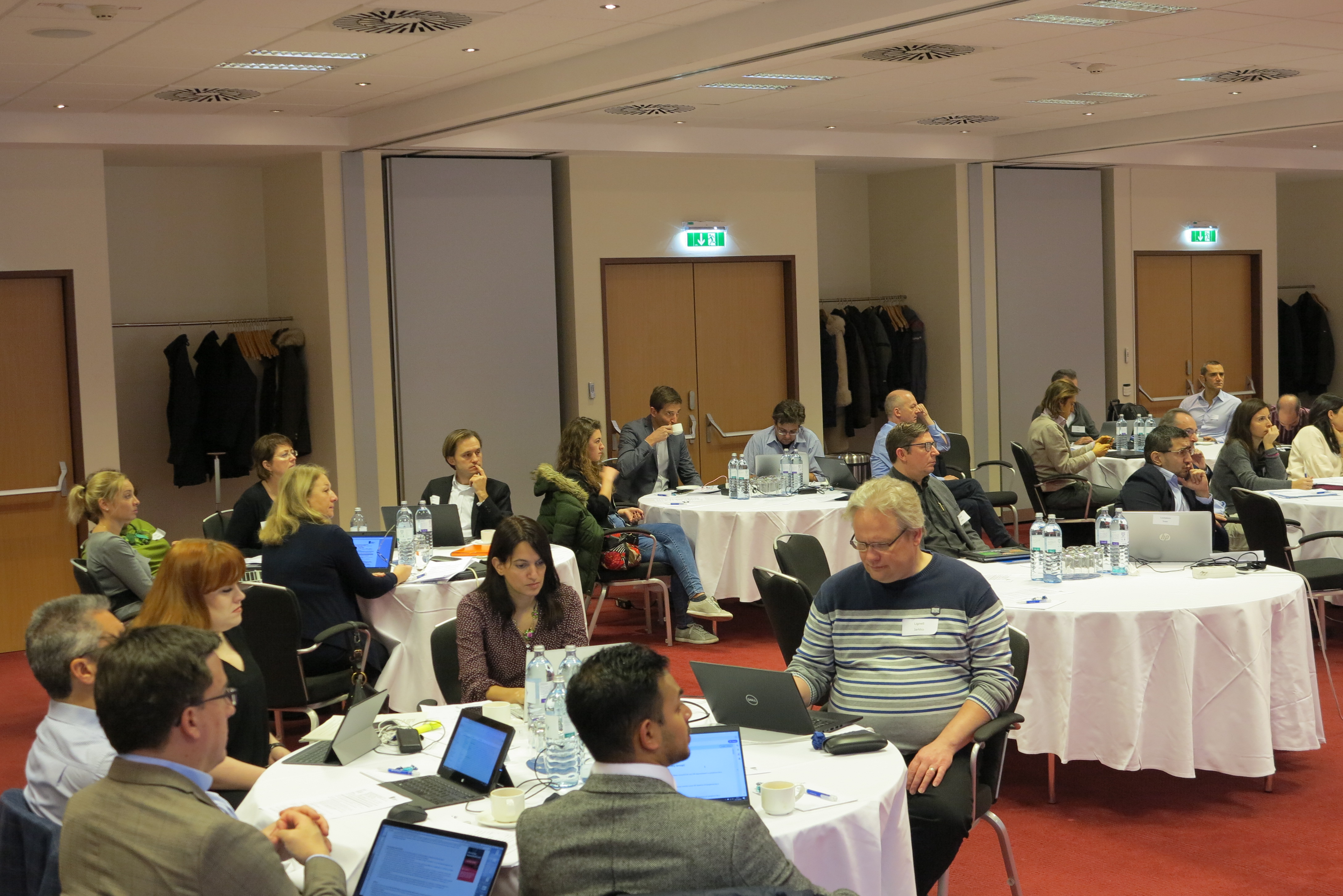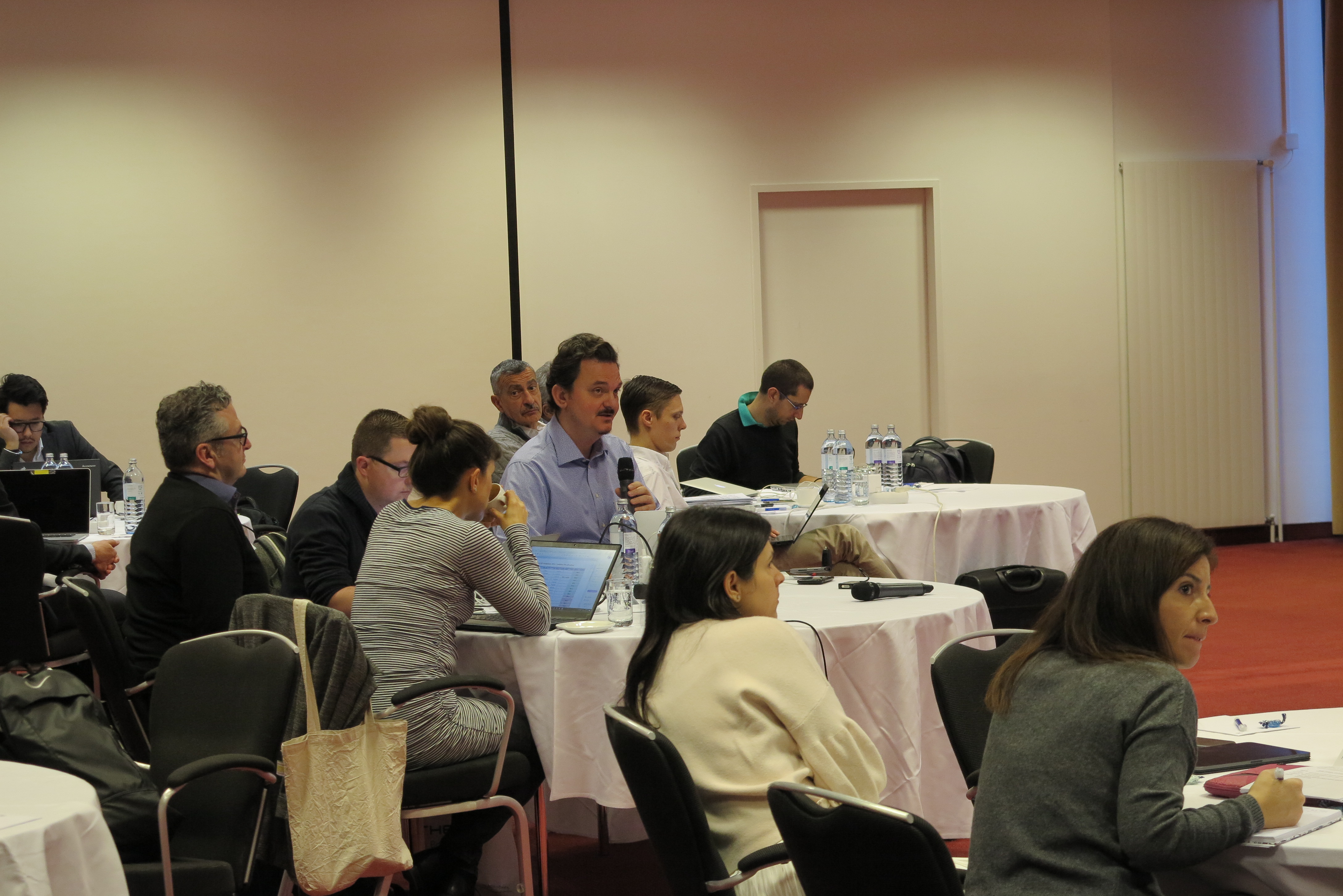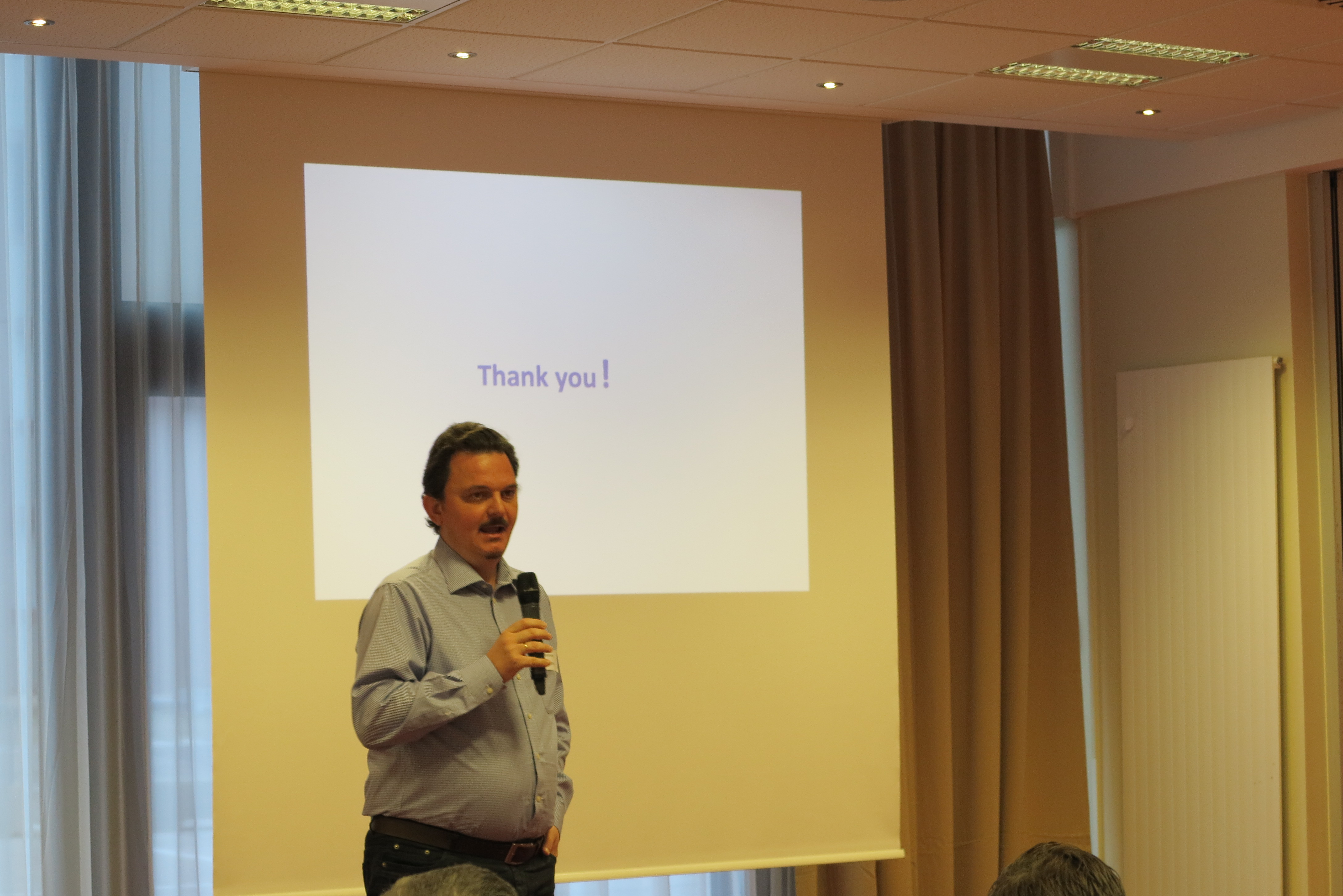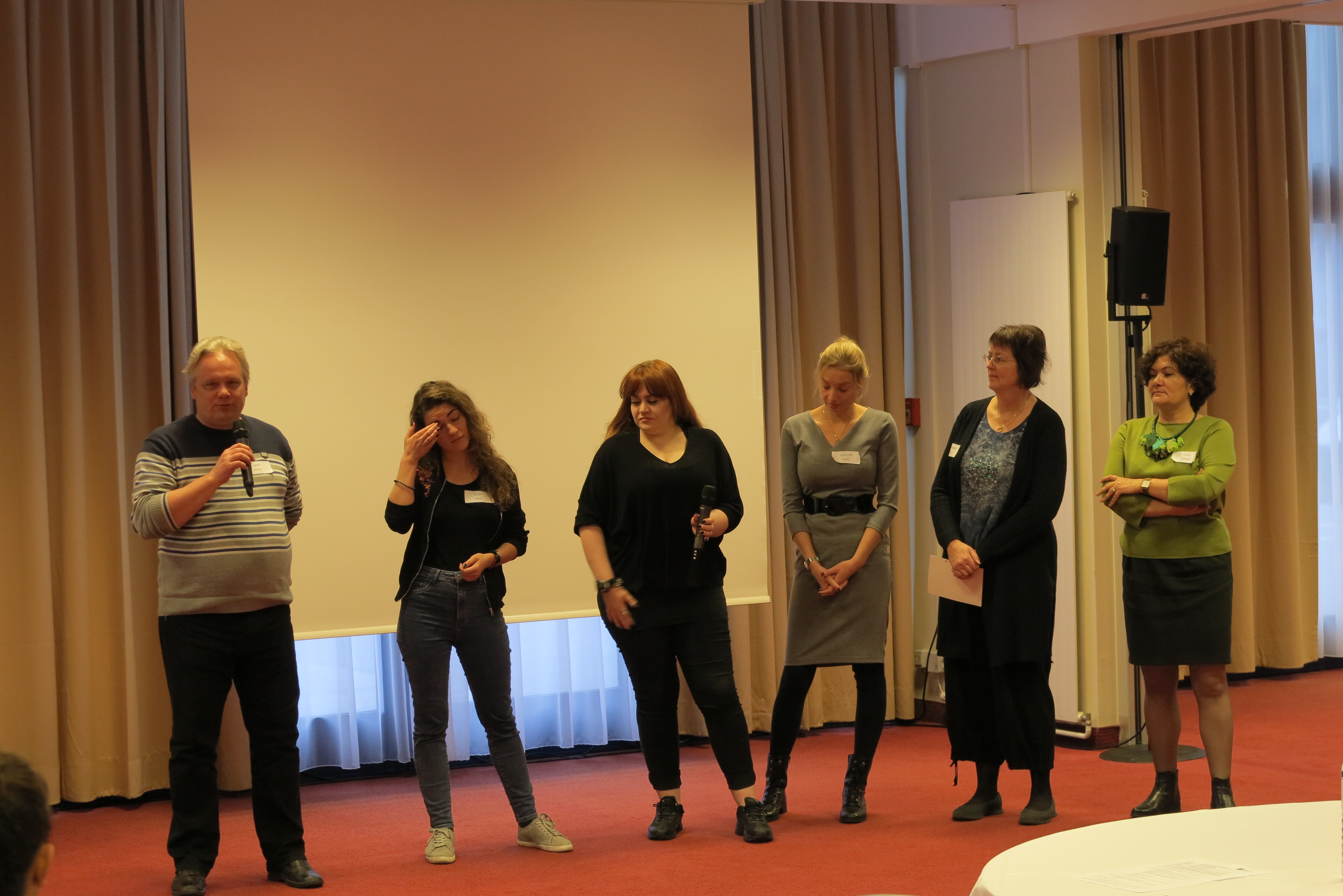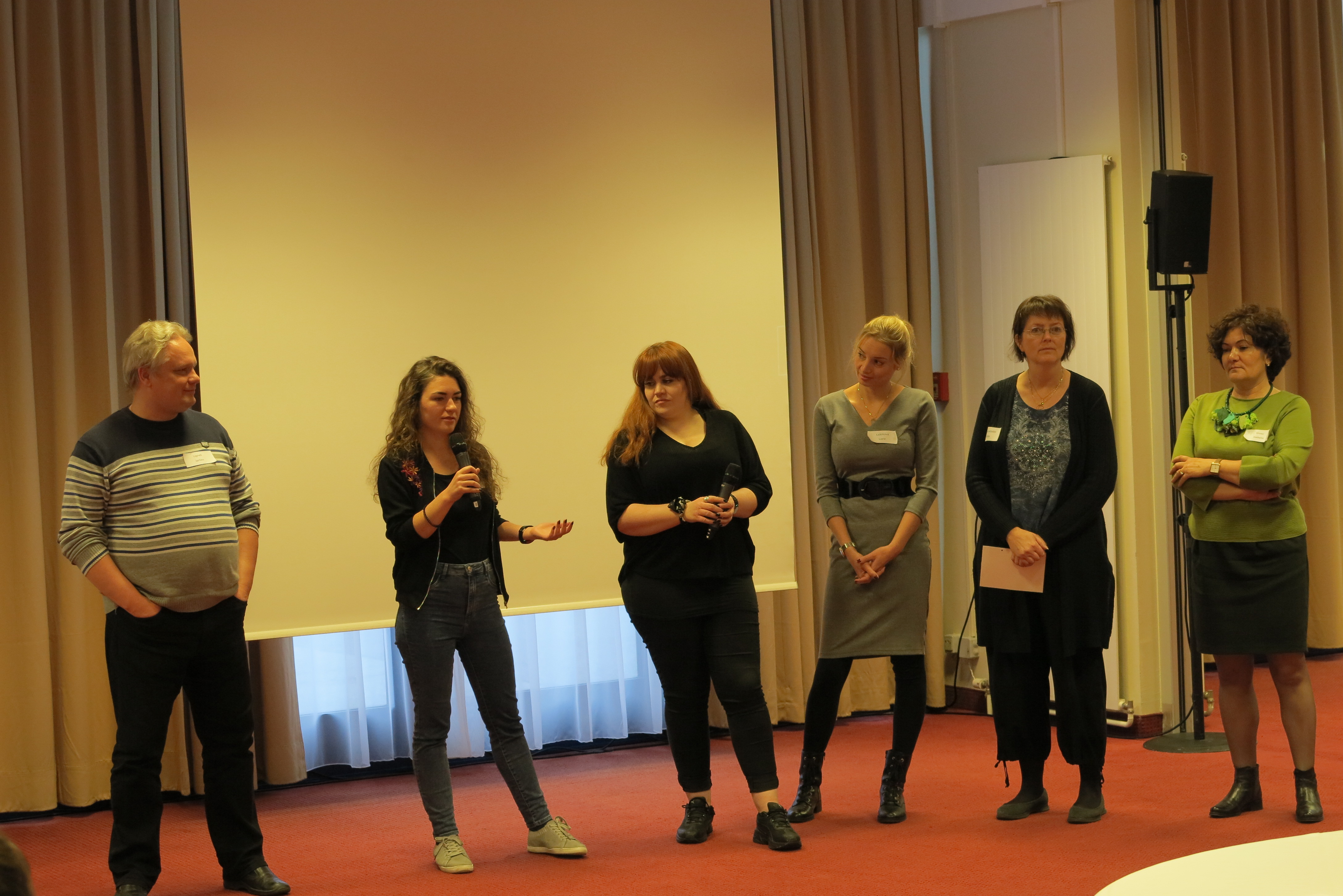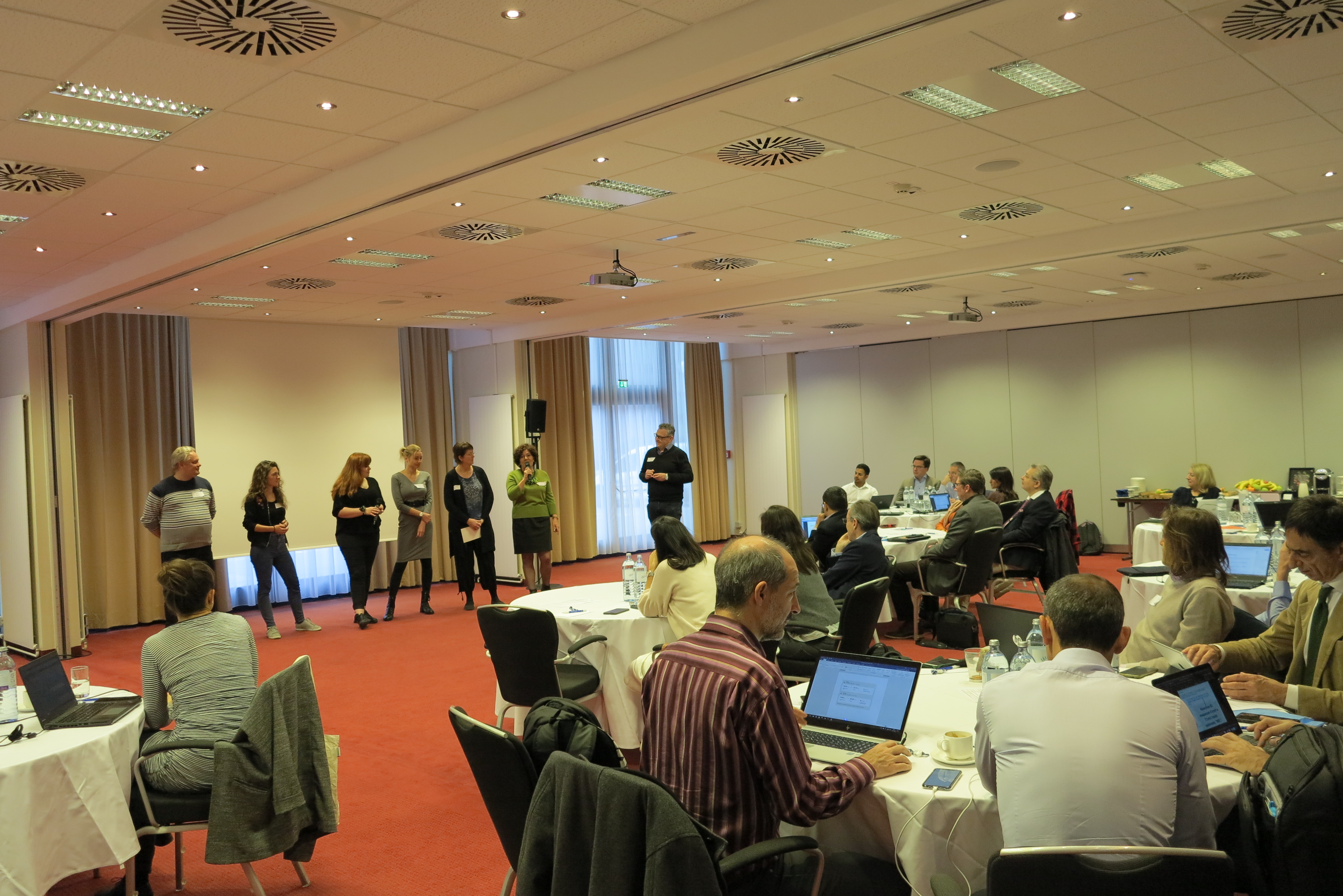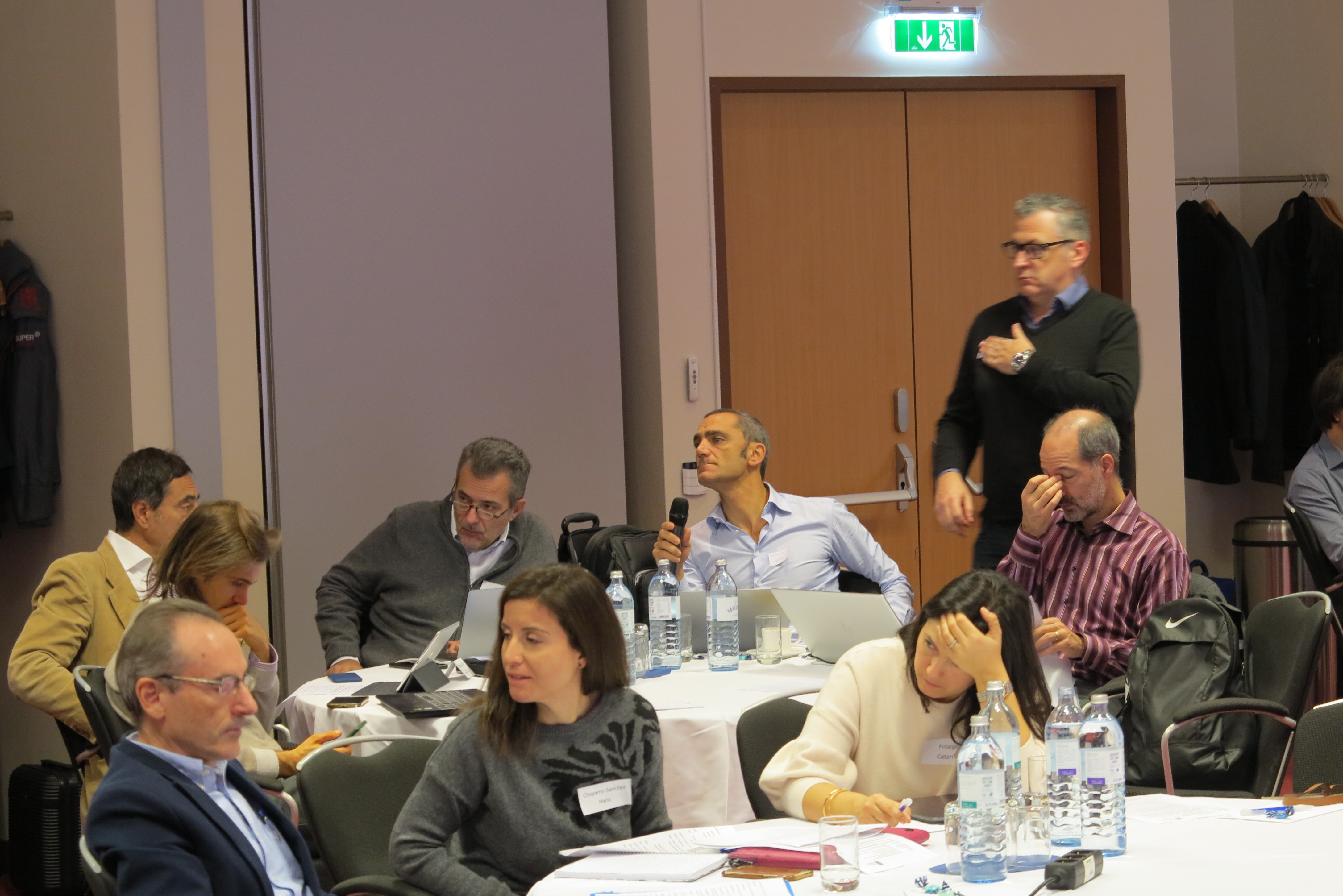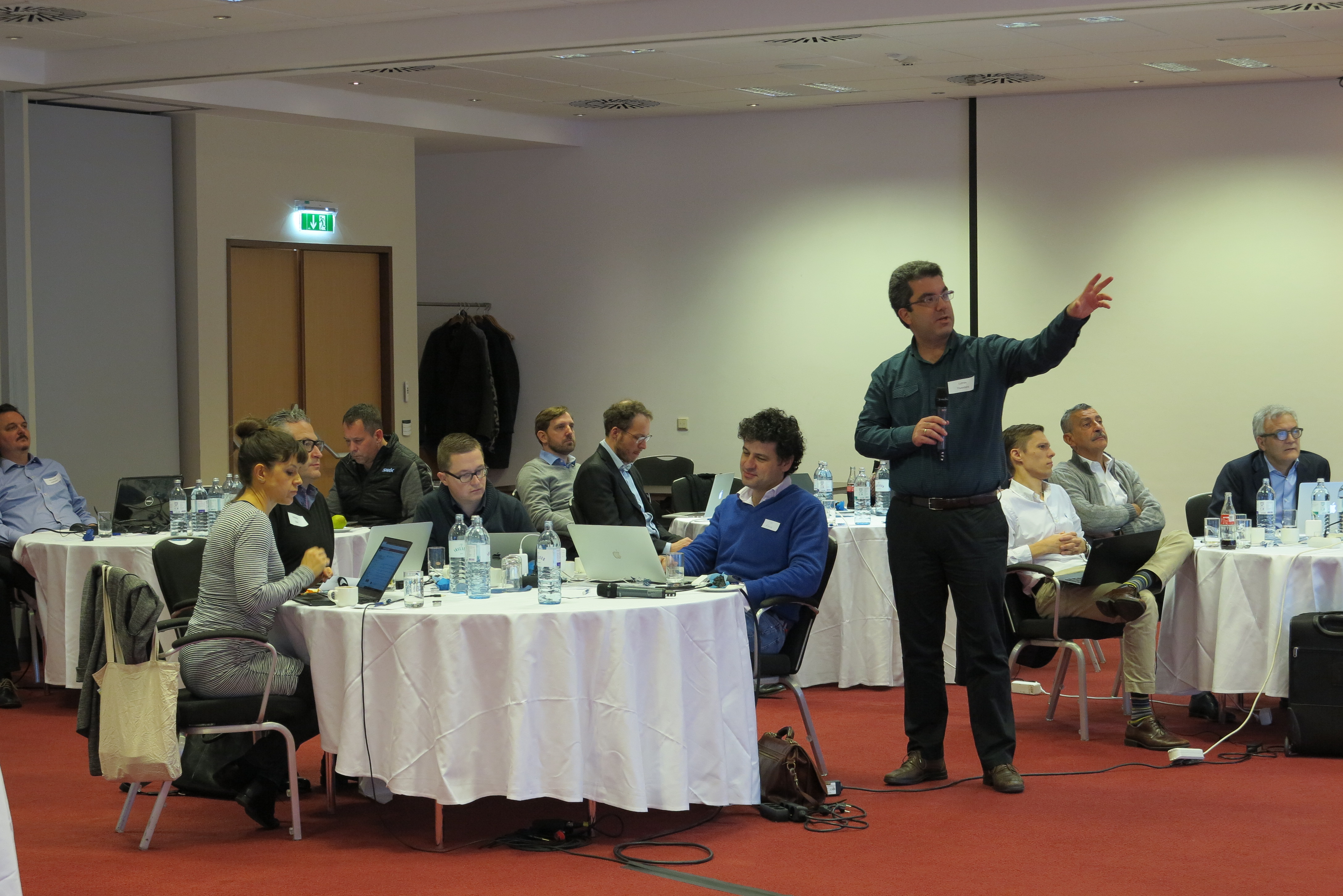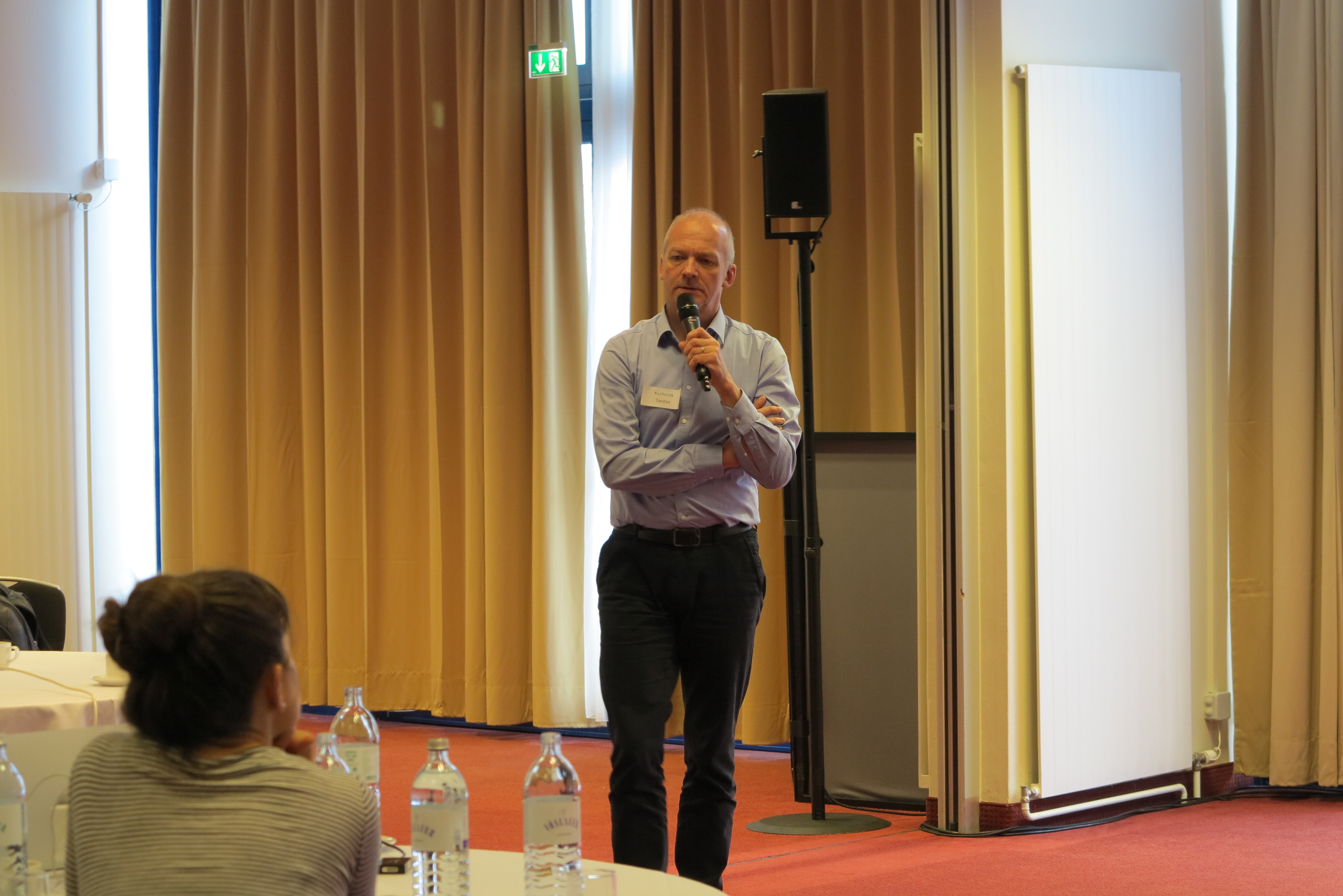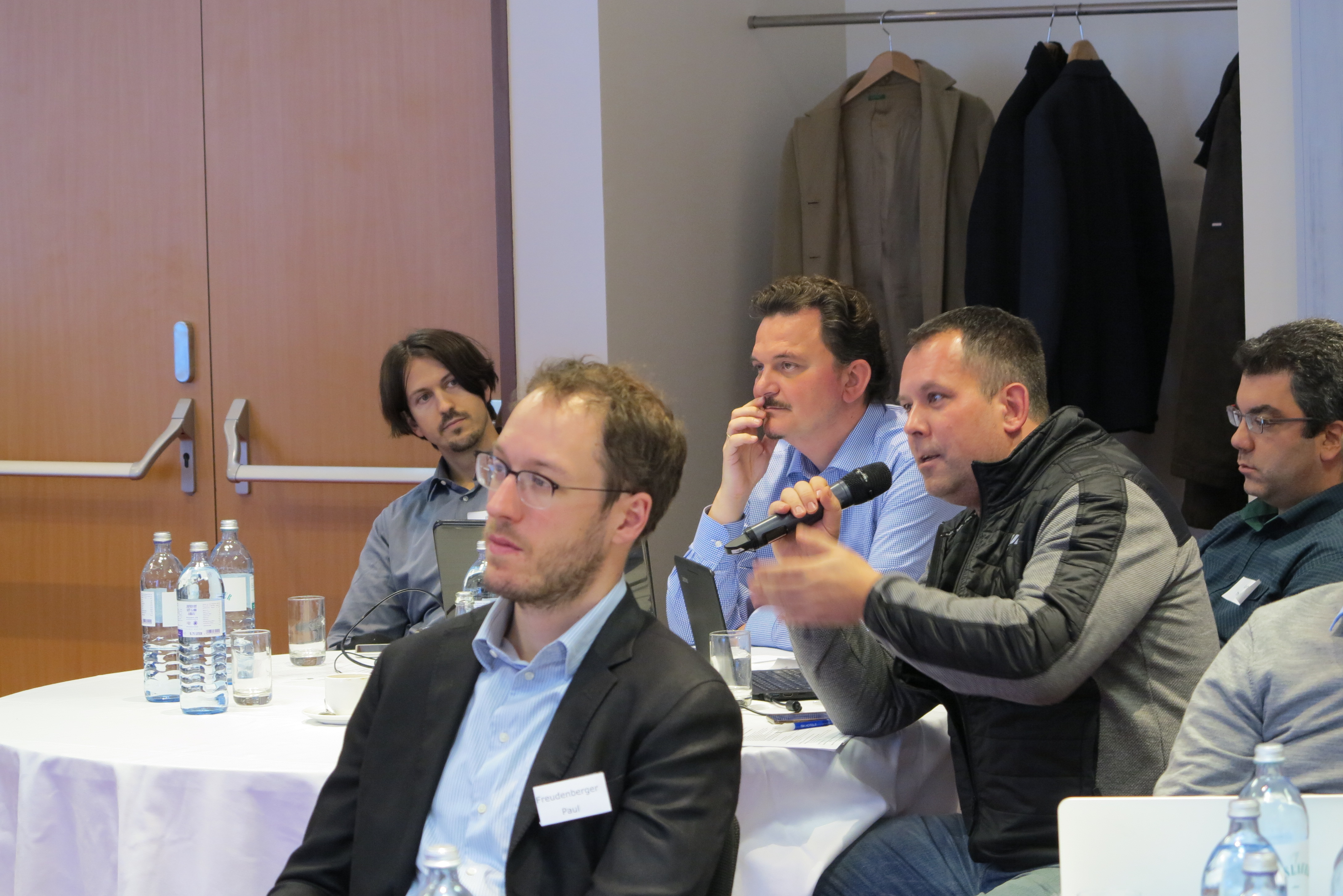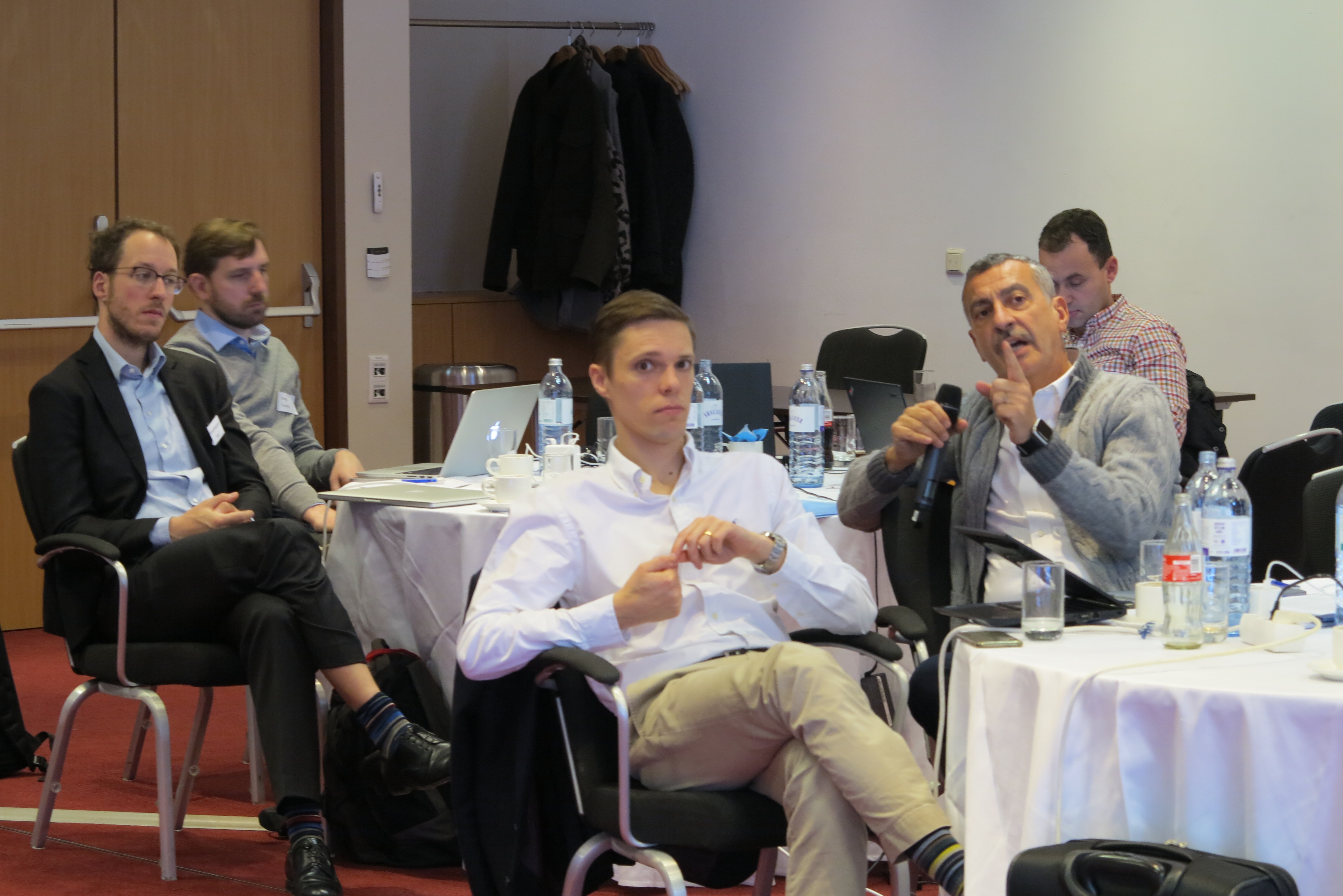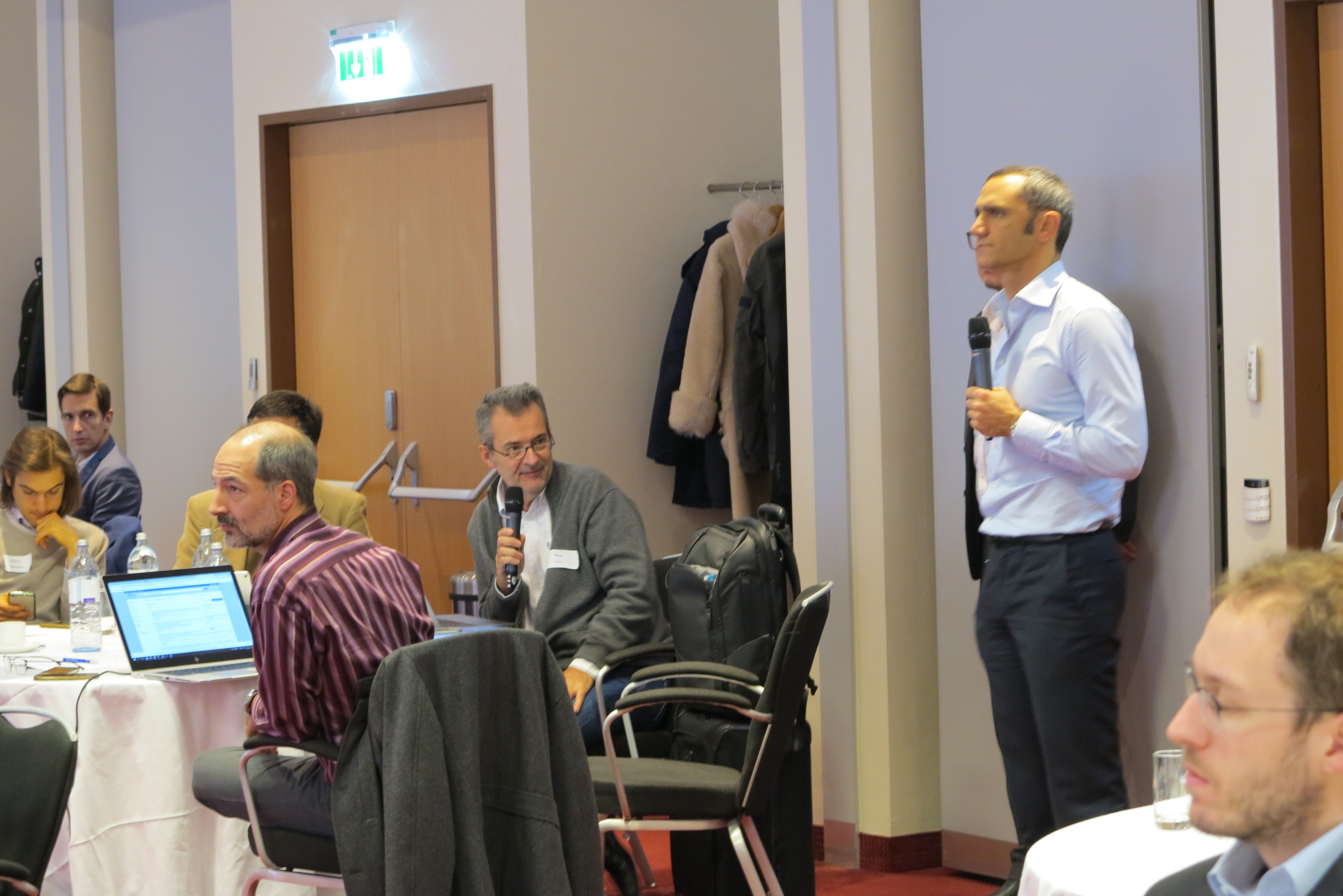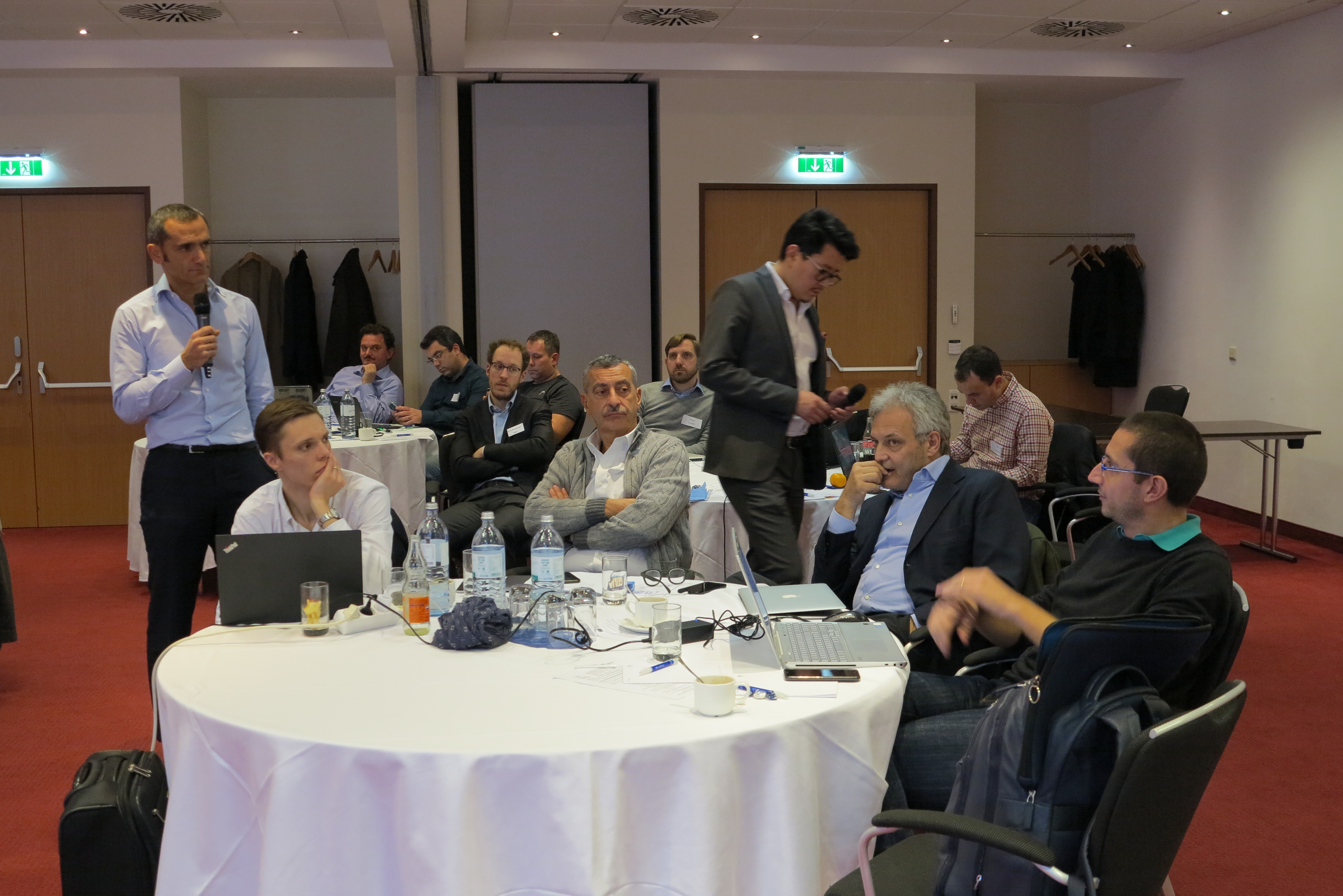Report on the GRADE UC Kick-off Meeting
Glen Doherty, past GuiCom Chair
 Glen Doherty Glen Doherty© ECCO |
The revised pipeline for updating of ECCO Guidelines was recently established. This pipeline envisages updates to the two main guidelines on treatment of Crohn’s Disease and Ulcerative Colitis in adults every 3 years. Other ECCO Guidelines will be updated approximately every 5 years. Having just completed publication of the first ECCO Guideline on treatment of Crohn’s Disease in adults employing GRADE methodology, work is now underway on a similar update to the main ECCO UC Guideline. Similar to the 2019 Crohn’s Disease Guideline, the updated UC Guideline will employ GRADE methodology to address most of the key questions, covering both medical and surgical treatments.
Following an open call, the list of participants for the guideline update was finalised in summer 2019, selected to represent the maximum number of ECCO Member Countries. The ‘kick–off’ meeting, which marks the first important milestone in the process, took place On November 22–23 in Vienna, convened by the joint project co-ordinators Glen Doherty (Ireland) and Tim Raine (UK), both GuiCom Members and Yves Panis (France), representing S-ECCO.
Thirty-five participants, comprising gastroenterologists, colorectal surgeons and nurses, were divided into three working groups to focus on the key topics for the project. The working groups were joined by a group of five patient representatives, nominated by EFCCA, the European Federation of IBD patient organisations in Europe. Also attending were the dedicated group of guideline methodologists, led by ECCO Guidelines Methodology expert Stefanos Bonovas. There were opportunities for introductions, networking and final discussions within the working groups at a highly enjoyable buffet dinner.
The formal kick-off meeting commenced early the next morning. First on the agenda, the patients were given an opportunity to speak directly to the whole guideline panel, setting the tone for the busy day ahead. On this occasion, each patient offered their unique perspective, but there were a number of key common messages which the participants were encouraged to bear in mind. Many of the patients emphasised the importance of sustained improvements in quality of life as a key consideration in considering both medical and surgical therapies. This is only the second time that patients have been involved in ECCO Guidelines and the experience has been extremely positive, with the patients performing a very useful role as key stakeholders. One key job for the patients is helping to rank the importance of outcomes which are considered and voted on at the beginning of the meeting. The identification of critical outcomes plays an important part in determining the strength of recommendations which emerge in the final guideline.
Each working group prepared a draft list of key guideline questions, using the PICO format (Patient, Intervention, Comparator, Outcomes) in advance of the meeting. Each draft question was subjected to robust discussion and debate over the course of the meeting, so that only the key questions relevant to current clinical practice would be included for analysis. The participants and working group leads came well prepared and consensus was reached very efficiently on which PICO questions to bring forward into the next phase of the project. The PICO question format lends itself to the application of the GRADE system to evaluate the evidence and generate a recommendation. It was agreed that this should be the primary method for the guideline and is suitable for application to the PICO questions which relate to medical management of UC. For certain areas where the evidence base which will inform the recommendations is weak, ECCO has taken the pragmatic decision to apply Oxford Levels of Evidence to these PICO questions. In the UC Guideline update there are a number of questions relating to Acute Severe Colitis and surgical aspects of UC management which will employ Oxford Levels of Evidence in generating its statements.
The kick-off meeting ended with a toast to all the patients and participants before everyone headed home. The work of systematic literature searches related to each of the final PICO questions has already commenced. A further rigorous high-quality and comprehensive UC Guideline update is therefore anticipated in 2021.
Browse through the gallery:
Pictures are subject to copyright © ECCO
- Tags: GuiCom



